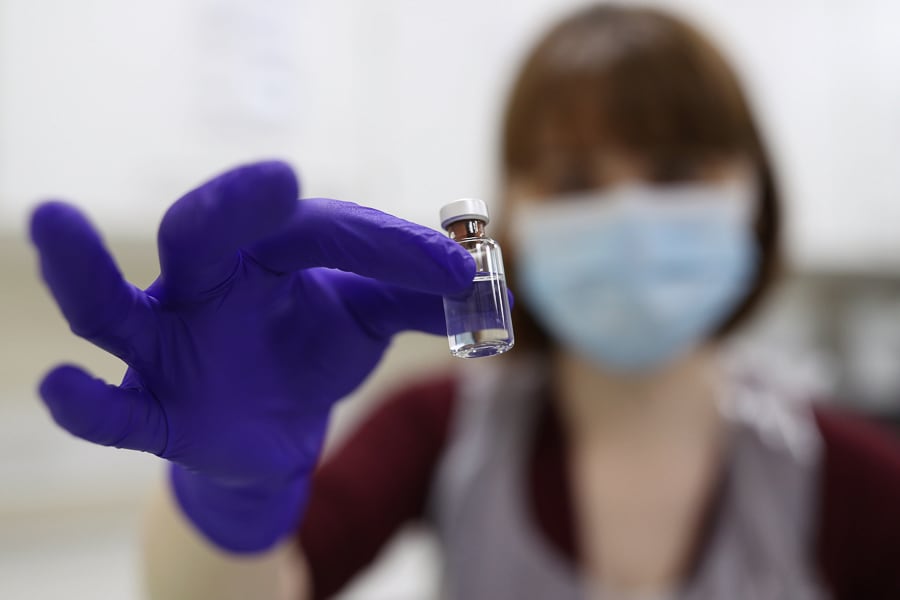
Is 'natural immunity' from COVID better than a vaccine?
What if you've already had Covid-19 — do you still need a vaccine? Experts tackle questions about vaccine immunity
 Yui Mok - WPA Pool/Getty Images
Yui Mok - WPA Pool/Getty Images
On the heels of last month’s news of stunning results from Pfizer’s and Moderna’s experimental COVID-19 vaccines, Sen. Rand Paul tweeted a provocative comparison.
The new vaccines were 90% and 94.5% effective, Paul said. But “naturally acquired” COVID-19 was even better, at 99.9982%, he claimed.
Paul, R-Ky., is one of many people who, weary of lockdowns and economic losses, have extolled the benefits of contracting the coronavirus. The senator was diagnosed with the disease this year and has argued that surviving a bout of COVID-19 confers greater protection, and poses fewer risks, than getting vaccinated.
The trouble with that logic is that it’s difficult to predict who will survive an infection unscathed, said Jennifer Gommerman, an immunologist at the University of Toronto. Given all of the unknowns — like a region’s hospital capacity, or the strength of a person’s immune response — choosing the disease over the vaccine is “a very bad decision,” she said.
The primary advantage of a vaccine is that it’s predictable and safe, she said. “It’s been optimally tailored to generate an effective immune response.”
©2019 New York Times News Service




